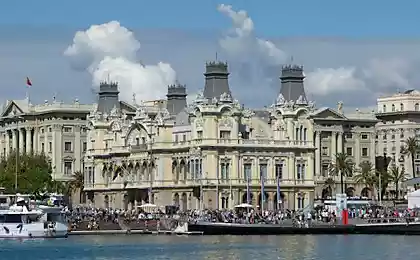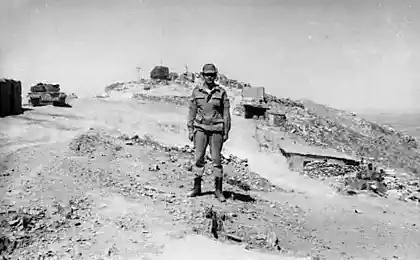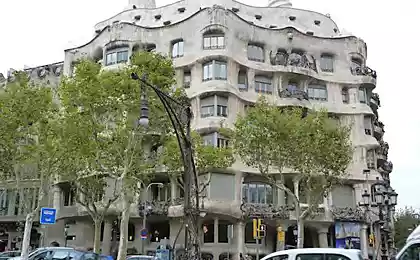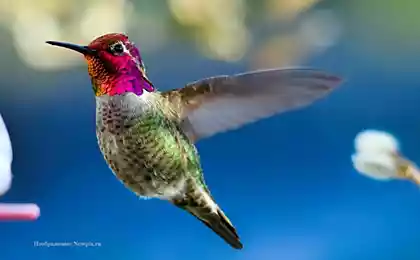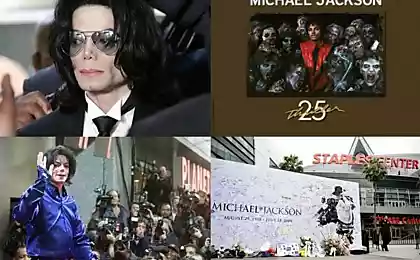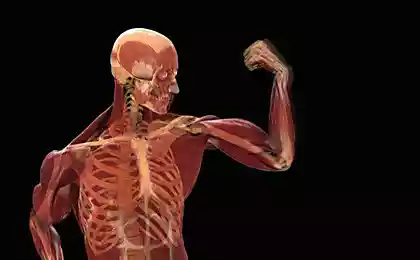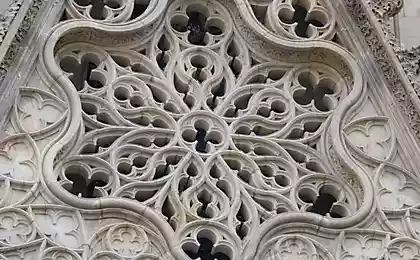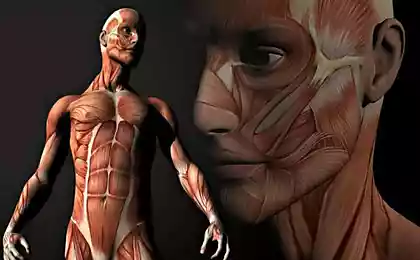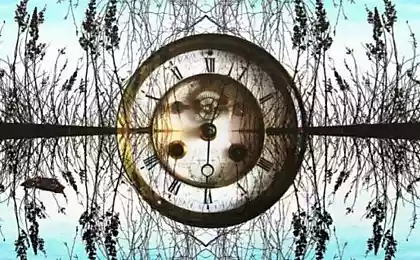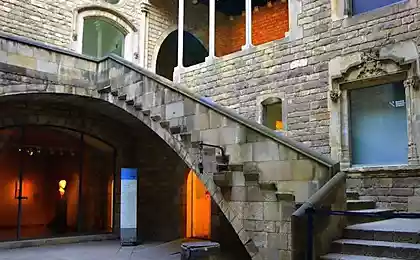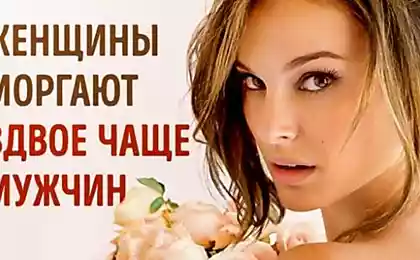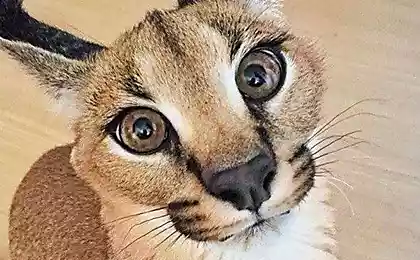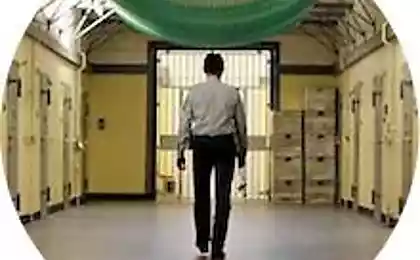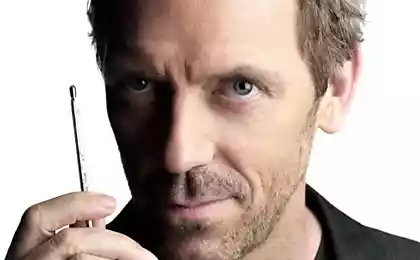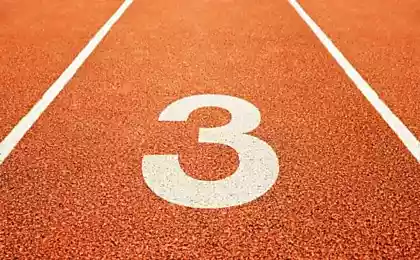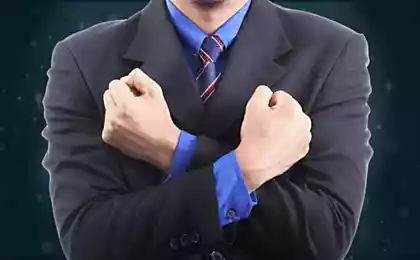740
7 important facts of the Hussars.
November 18, 1796 was formed the Life Guards Hussars. Dashing soldiers cocked in shakos, hussars will terrify the Napoleonic troops. Be hussar - a special path, the path of service to the elite troops
Source HERE
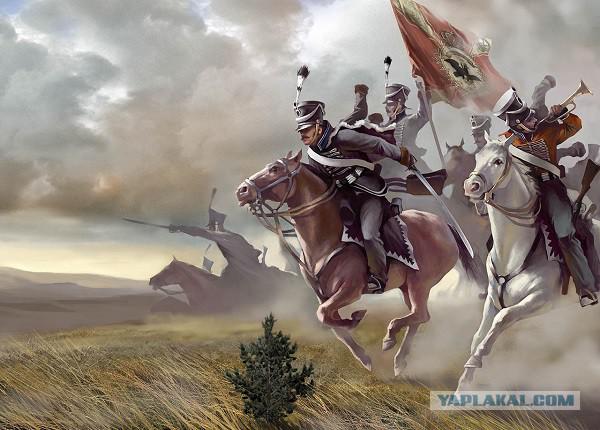
1.Otkuda have gone?
Hussars as a military unit appeared in Hungary in 1548. Hussar units were formed for protection against the Turks. At the time of collection dates and militia called "hussars". According to one version, it was founded by the Hungarian húsz, ie 20. Every twentieth nobleman had to enter the cavalry militia, or one in twenty of the recruits had to be a cavalryman. There are other versions of the origin of the name. For example, some researchers have erected word "hussar" the Latin cursus, which translates to "raid". According to this version, Hussars are related to corsairs.
Later Hussars appeared in the Polish army. Hussar regiments in the army since the Stefan Batory Foundation was one of the most formidable forces in Europe. Besides the king, provided themselves with their own companies of hussars and tycoons. Hussars of those times were very different from our usual way of hussars in Mentik and Dolomanov. He wore heavy armor, one of the most important attributes were animal skins. Usually, leopard. In addition, early hussars wore wings. In the truest sense.
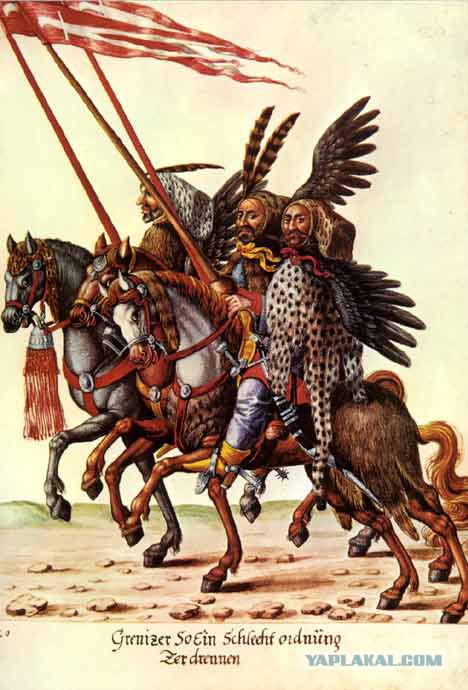
2.Letuchie Hussars
"A squadron of hussars volatile" - is not just a poetic image and the name of the movie Rostotsky. First Hussars were literally cruise. "Winged" Hussar division came in, most likely from the Serbian mercenaries, wearing wings. Cavalry Rzeczpospolita - eleary - also wore the wings. In pre-Petrine times when Russian hussar regiments were formed of mercenaries, their attributes were wings. Witnesses parade Sovereign regiment May 18, 1654, describes the Russian hussar, "Colonel Rila led 1000 Hussar, equip the Polish model with drums and flute. His horses were on the head of the sultan, on the back of the wings and expensive, embroidered with gold Chaprak ».
There is no single opinion on the appointment of such an unusual attributes. On the one hand, winged hussars were to direct all kind superstitious terror to the enemy, on the other - there is evidence that the wings were not fighting paraphernalia and hussars were worn only during parades and parades.
Interesting fact: when the troops of Ivan the Terrible stood near Kazan, they brought in considerable confusion kind of Cossacks embarked Nearby were decorated with feathers and looked like the descriptions are more to the Indians than we know of the Cossacks. All the same feathers, all the same "bird" symbols "winged armies».
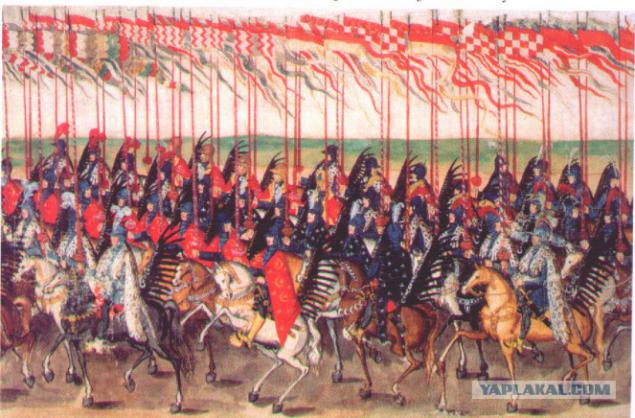
3.Kult gusarstva
At the beginning of the XIX century hussars would be all. Another thing is that not everyone can afford it. Hussars were elite military units. There were selected the best. In Soviet films Hussars as a selection: tall and handsome. In fact, the picture was somewhat different: tall men in the hussars were taken rarely.
Be hussar and was more expensive one form of care required considerable investments. Gold and silver embroidery on Dolomanov, dissolute lifestyle that Hussars afforded in peacetime, the content of the horse, card obligations. Finally, the courtship. All this required considerable investments. Also on the path Hussars, I had to meet a considerable number of moral (and immoral) commitments, derogation from which is often punishable by death: his words did not climb for dueling pistols too. Napoleonic Marshal Lannes wrote: "The Hussar, who 30 years, and it is not killed - shit, not Hussars».
4.Mentik, Shako, dolman
The first thing I wanted to ask parents, when I first saw a picture in a book with the hussar, "Why Uncle tights on her shoulder?". What I took to be a leotard - proved Mentik, outerwear Hussars, which in the cold season wore on top of the dolman, and warm - was left hanging on the left shoulder. Dolman - short single-breasted jacket with high collar and cords. On his feet were chakchiry Hussars, were shod with short boots (boots).
The most feature-rich thing was Shako Hussar - high headdress. To it was attached Sultan, who apparently left as a legacy of feathers First Hussars and served in combat an identification function (radio was not: for Shako and sultans could watch the movement of hussars volatile orders). Hussars lived holy war and followed the principle of "all their burden with you." His they were just a shako which had a double bottom. Things were placed in Tashko (bag), but the most valuable - above his head - in the quiver.
5.Spetsnaz
Hussars were light cavalry. They are rarely used in frontal attacks. Their "fad" was the surprise and mobility, as well as, of course, absolute fearlessness. With regard to whether it is possible to consider hussars "special forces" or no debate, but what Hussars perform special tasks - there is no doubt. That zeal and the pressure with which the Russian Hussars crushing artillery redoubts in the Great Patriotic War, struck the imagination of not only our soldiers, but Napoleon's generals. Hussars were indispensable in the pursuit of the retreating enemy. They "sat on the shoulders of" Retiro enemy cavalry assaults simply crushing that in the heartland. On the way, beat off the enemy carts and horses, provisions and tools.
6. "Hussars of death»
Skull and crossbones - is not only the infamous "Jolly Roger", but also a symbol of "Hussars of death." Symbolism, which came from the French emigrant royalists entrenched in parts of the Russian cavalry. Emblem with skull and crossbones has been approved, for example, shakos Alexandria Hussars. This symbol refers not only death, but victory over it. It is a symbol of Golgotha, Adam's head. The victory over the impermanence of life. Because of Alexandria Hussars regiment called "immortal hussars».
7.Byloe greatness
It must be admitted that the image of hussars was seriously distorted. In Soviet times the Hussars tried not to remember before World War II, but in wartime remembered: it was necessary to raise the patriotic spirit of the people. Gladkov's play "A long time ago" was a success in theaters, and the movie by Eldar Ryazanov just "took cash».
Seriously "tarnished" the image of Russian gusarstva image of "the lieutenant Rzhev" of anecdotes. War hero who stood up to the end to protect the interests of Russia in the urban folklore presented revelers and vulgar. It is insulting even. But it was and remains a mystery to the Hussars, a secret guild of military brotherhood departed winged armies.
Author: Alex Rudevich
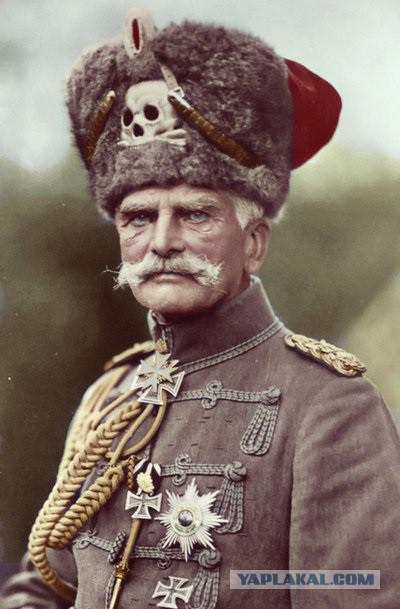
Source:
Source HERE

1.Otkuda have gone?
Hussars as a military unit appeared in Hungary in 1548. Hussar units were formed for protection against the Turks. At the time of collection dates and militia called "hussars". According to one version, it was founded by the Hungarian húsz, ie 20. Every twentieth nobleman had to enter the cavalry militia, or one in twenty of the recruits had to be a cavalryman. There are other versions of the origin of the name. For example, some researchers have erected word "hussar" the Latin cursus, which translates to "raid". According to this version, Hussars are related to corsairs.
Later Hussars appeared in the Polish army. Hussar regiments in the army since the Stefan Batory Foundation was one of the most formidable forces in Europe. Besides the king, provided themselves with their own companies of hussars and tycoons. Hussars of those times were very different from our usual way of hussars in Mentik and Dolomanov. He wore heavy armor, one of the most important attributes were animal skins. Usually, leopard. In addition, early hussars wore wings. In the truest sense.

2.Letuchie Hussars
"A squadron of hussars volatile" - is not just a poetic image and the name of the movie Rostotsky. First Hussars were literally cruise. "Winged" Hussar division came in, most likely from the Serbian mercenaries, wearing wings. Cavalry Rzeczpospolita - eleary - also wore the wings. In pre-Petrine times when Russian hussar regiments were formed of mercenaries, their attributes were wings. Witnesses parade Sovereign regiment May 18, 1654, describes the Russian hussar, "Colonel Rila led 1000 Hussar, equip the Polish model with drums and flute. His horses were on the head of the sultan, on the back of the wings and expensive, embroidered with gold Chaprak ».
There is no single opinion on the appointment of such an unusual attributes. On the one hand, winged hussars were to direct all kind superstitious terror to the enemy, on the other - there is evidence that the wings were not fighting paraphernalia and hussars were worn only during parades and parades.
Interesting fact: when the troops of Ivan the Terrible stood near Kazan, they brought in considerable confusion kind of Cossacks embarked Nearby were decorated with feathers and looked like the descriptions are more to the Indians than we know of the Cossacks. All the same feathers, all the same "bird" symbols "winged armies».

3.Kult gusarstva
At the beginning of the XIX century hussars would be all. Another thing is that not everyone can afford it. Hussars were elite military units. There were selected the best. In Soviet films Hussars as a selection: tall and handsome. In fact, the picture was somewhat different: tall men in the hussars were taken rarely.
Be hussar and was more expensive one form of care required considerable investments. Gold and silver embroidery on Dolomanov, dissolute lifestyle that Hussars afforded in peacetime, the content of the horse, card obligations. Finally, the courtship. All this required considerable investments. Also on the path Hussars, I had to meet a considerable number of moral (and immoral) commitments, derogation from which is often punishable by death: his words did not climb for dueling pistols too. Napoleonic Marshal Lannes wrote: "The Hussar, who 30 years, and it is not killed - shit, not Hussars».
4.Mentik, Shako, dolman
The first thing I wanted to ask parents, when I first saw a picture in a book with the hussar, "Why Uncle tights on her shoulder?". What I took to be a leotard - proved Mentik, outerwear Hussars, which in the cold season wore on top of the dolman, and warm - was left hanging on the left shoulder. Dolman - short single-breasted jacket with high collar and cords. On his feet were chakchiry Hussars, were shod with short boots (boots).
The most feature-rich thing was Shako Hussar - high headdress. To it was attached Sultan, who apparently left as a legacy of feathers First Hussars and served in combat an identification function (radio was not: for Shako and sultans could watch the movement of hussars volatile orders). Hussars lived holy war and followed the principle of "all their burden with you." His they were just a shako which had a double bottom. Things were placed in Tashko (bag), but the most valuable - above his head - in the quiver.
5.Spetsnaz
Hussars were light cavalry. They are rarely used in frontal attacks. Their "fad" was the surprise and mobility, as well as, of course, absolute fearlessness. With regard to whether it is possible to consider hussars "special forces" or no debate, but what Hussars perform special tasks - there is no doubt. That zeal and the pressure with which the Russian Hussars crushing artillery redoubts in the Great Patriotic War, struck the imagination of not only our soldiers, but Napoleon's generals. Hussars were indispensable in the pursuit of the retreating enemy. They "sat on the shoulders of" Retiro enemy cavalry assaults simply crushing that in the heartland. On the way, beat off the enemy carts and horses, provisions and tools.
6. "Hussars of death»
Skull and crossbones - is not only the infamous "Jolly Roger", but also a symbol of "Hussars of death." Symbolism, which came from the French emigrant royalists entrenched in parts of the Russian cavalry. Emblem with skull and crossbones has been approved, for example, shakos Alexandria Hussars. This symbol refers not only death, but victory over it. It is a symbol of Golgotha, Adam's head. The victory over the impermanence of life. Because of Alexandria Hussars regiment called "immortal hussars».
7.Byloe greatness
It must be admitted that the image of hussars was seriously distorted. In Soviet times the Hussars tried not to remember before World War II, but in wartime remembered: it was necessary to raise the patriotic spirit of the people. Gladkov's play "A long time ago" was a success in theaters, and the movie by Eldar Ryazanov just "took cash».
Seriously "tarnished" the image of Russian gusarstva image of "the lieutenant Rzhev" of anecdotes. War hero who stood up to the end to protect the interests of Russia in the urban folklore presented revelers and vulgar. It is insulting even. But it was and remains a mystery to the Hussars, a secret guild of military brotherhood departed winged armies.
Author: Alex Rudevich

Source:
